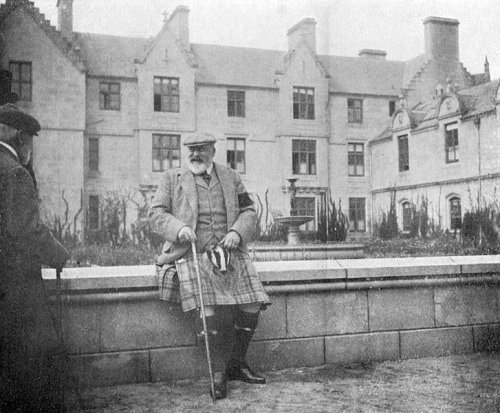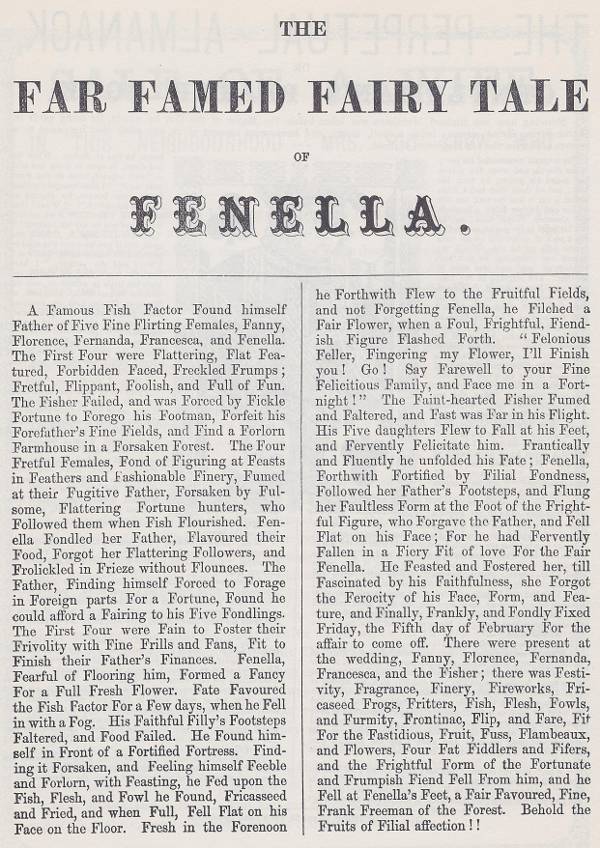A bookworm in Kennebunk, Me.,
Found pleasure in reading Monte.,
He also liked Poe
And Daniel Defoe,
But the telephone book caused him pe.
There’s a girl out in Ann Arbor, Mich.,
To meet whom I never would wich.
She’d gobble ice cream
Till with colic she’d scream,
Then order another big dich.
As he filled up the order book pp.,
He said, “I should get higher ww.”
So he struck for more pay,
But alas, now, they say,
He is sweeping out elephants’ cc.





